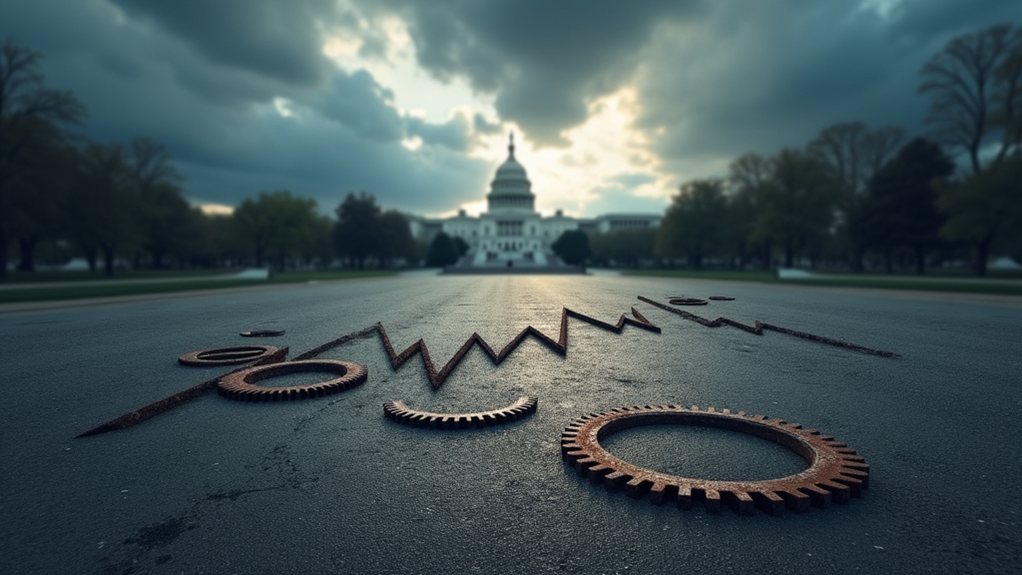Canada reacted strongly to President Trump's sudden announcement of new tariffs on imports from the country. The President declared a 25% import tax on various goods from Canada and Mexico, along with a 10% tax specifically on Canadian energy imports. This decision caught many allies off guard and was justified by Trump as punishment for what he described as Canada "taking advantage" of the United States.
Canadian Prime Minister Justin Trudeau responded sharply. He labeled the tariffs as "a very dumb thing to do," asserting that they would spark a trade war against Canada, the U.S.'s closest ally. Trudeau criticized Trump for seemingly appeasing Russian President Vladimir Putin while targeting Canada. He emphasized how detrimental these tariffs would be for both nations and addressed the American people directly, urging them to understand the negative consequences.
Trudeau condemned the tariffs as "a very dumb thing to do," warning of a looming trade war with the U.S.
In retaliation, Canada announced its own tariffs, which would impact about C$155 billion worth of U.S. goods. They implemented immediate tariffs on C$30 billion of imports, with the remaining tariffs set to take effect in 21 days. Trudeau stated these tariffs would remain until the U.S. withdrew its trade actions. Canada is also considering non-tariff measures if the U.S. does not change course.
The trade relations between the two countries have become increasingly strained. These tariffs affect the interconnected power grid, raising concerns about its reliability for 1.5 million U.S. customers. The situation jeopardizes a cost-effective electricity supply and raises alarms about grid stability in border states. Additionally, U.S. stock markets experienced a broad sell-off as a result of the heightened trade tensions. China to impose 10-15% tariffs on various U.S. agricultural imports further complicates the ongoing trade disputes and retaliatory measures.
The announcement sent shockwaves through global markets, causing stock prices to plummet. The U.S. is now facing potential inflation and uncertainty for businesses. Meanwhile, other countries like Mexico and China are preparing retaliatory measures against U.S. products, further escalating trade tensions.
Trump's claims that the tariffs aim to combat fentanyl trafficking and encourage U.S. business growth face heavy criticism from many economists and analysts.









